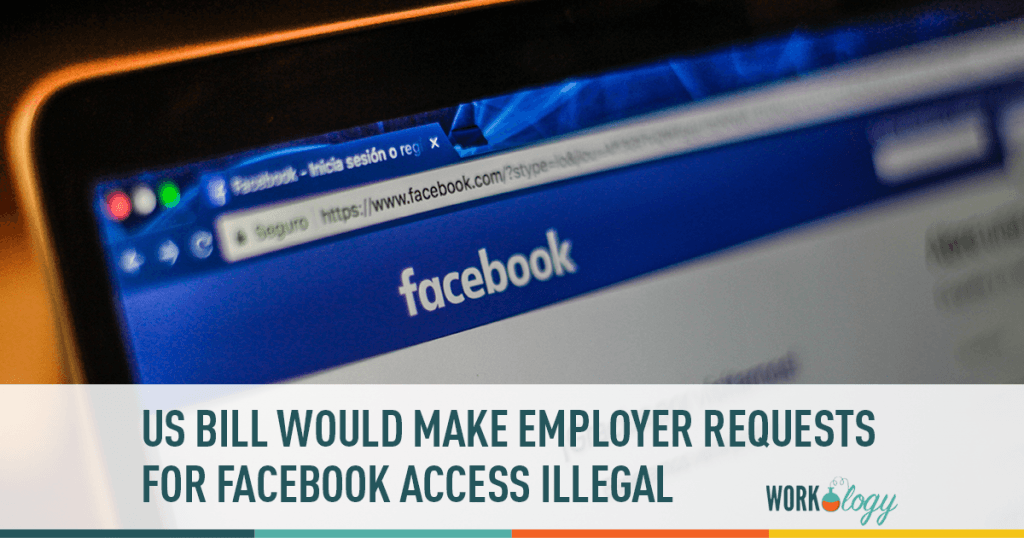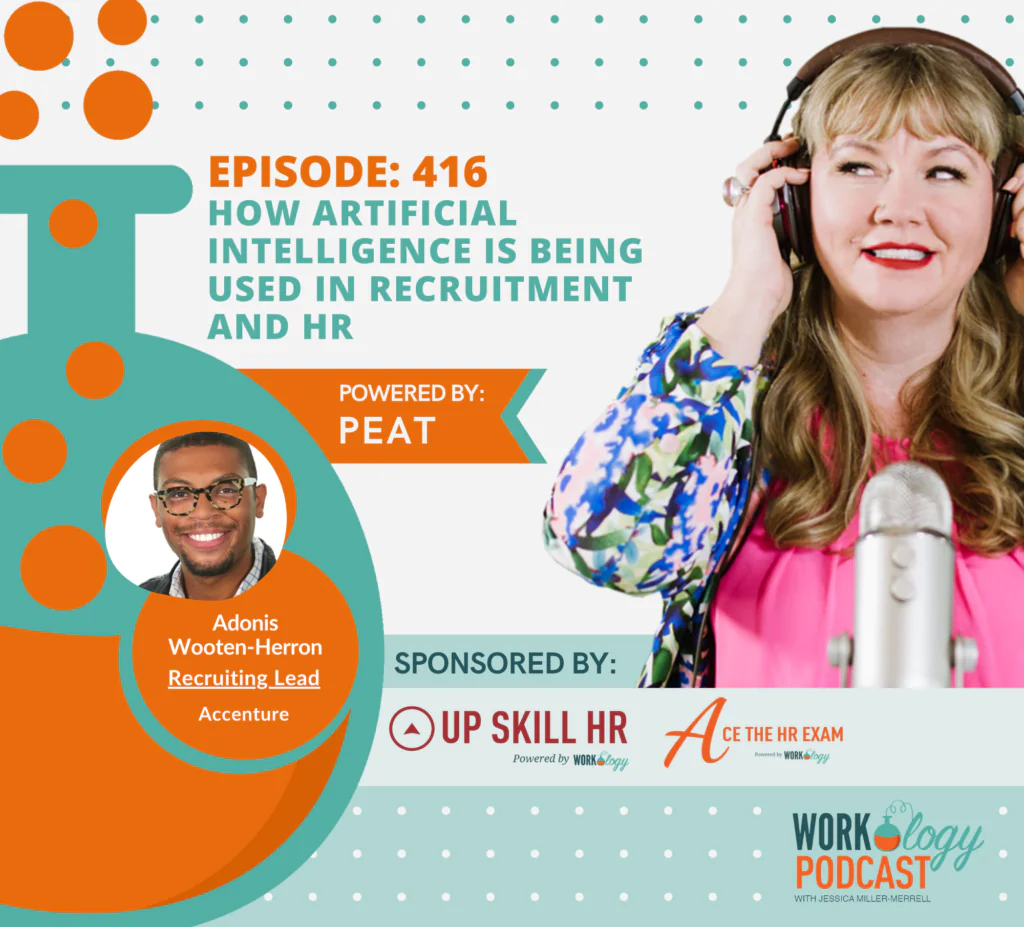Protecting Employee Facebook & Social Network Privacy
The American public went gaga in March of this year after the media reported a growing trend by employers who are requesting Facebook password and user ID access during their hiring and interview process. These requests for special access to social networks not only are an invasion of privacy for the potential employee but leave the employer vulnerable as they now have access to protected information as per Title VII. These protected classes and their information are illegal when used as part of a hiring, promotion, or disciplinary process. For those that do when it comes to social networks, I call this social media discrimination.
Outside of accessing to a job seeker’s Facebook, companies can find a great deal of protected information online. Information about a person’s sexual preference as the EEOC considers transgender as a protected class. Companies have access to health information like a female job seeker’s sonogram photos or if an employee likes a Facebook Page for cancer survivors.
SNOPA: Social Networking Online Protection Act
The public outcry and controversy surrounding online privacy especially when it comes to social networks has led to legislation in many states who are proposing bills that would make employers requesting social networking passwords and ID’s in violation of the law. States like California, Maryland, and New York have began crafting state legislation protecting job seeker and employee privacy. Last week, Representative, Elliot Engel introduced a federal bill called the Social Networking Online Protection Act. SNOPA, H.R. 5050 would make it illegal for employers to request passwords and other private information from employees and job seekers on social networks. Employers would not be able to discipline, terminate, or deny employment for those who do not provide such information. If they did, they would be subject to civil penalties $10,000.
Once SNOPA or a SNOPA-like bill passes, employees and job seekers need to educate themselves on what is protected. Just like being asked an illegal interview question, you need to be prepped and prepared with your answer. And in my opinion that answer should be, “I’m sorry Hiring Manager. I don’t feel comfortable answering that question or providing access to my private social network information.”
Read more about the practice of employers requesting access to job seekers and employee’s social networks like Facebook.







2 Comments
Great post, Jessica! It’s definitely a violation of privacy to ask for passwords. But, the truth is that people are responsible for what they make “public” online and with more people tagging their employer in their “About Me,” HR is right to be concerned on who is affiliated with their company and how their character is perceived online. It speaks to the type of people employed by the company. That being said, privacy settings play an important role. Use them and be smart about who can see what you post. The truth is that when it comes to job-hunting and your social profiles, it should really be about what you post and not your password. Check out my post on the subject on our Careers blog: http://bit.ly/JFlMlh
SNOPA
Comments are closed.